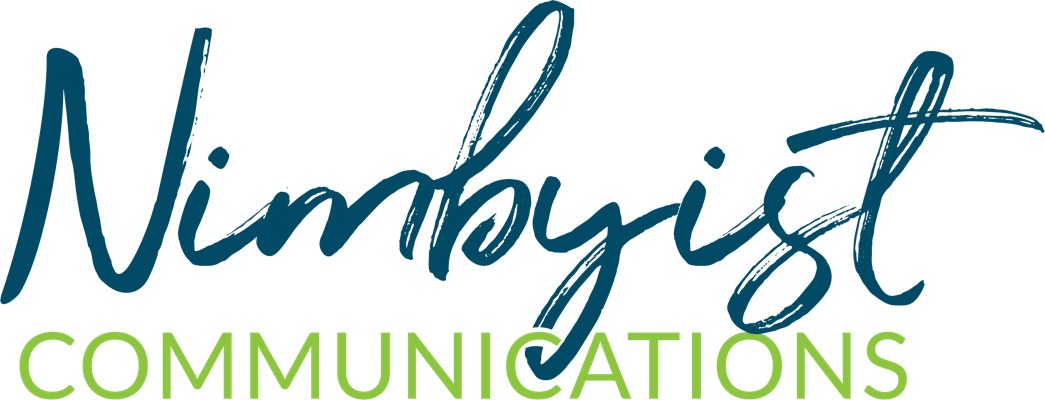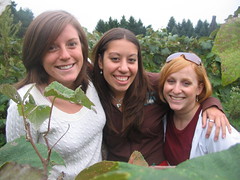Nonprofits have mixed feelings when it comes to hiring interns. An intern can be essential for getting things done, but also needs an investment of energy that many nonprofit pros don’t feel they can spare.
Canadian organization Small Change Fund seems to understand this balance. They hired intern Sarah Hawkins to help with their recent Seven Small Wonders of Canada campaign – with great results.
My own experience with interns and volunteers has been admittedly hit and miss, but I was very impressed by the work Sarah accomplished during her 10-week internship.
I asked Clare McDowall (@ClareMcDowall), marketing & communications director, what advice she might have for other groups with the opportunity to hire an intern.
In my next few posts I’ll share some ideas from Clare and others about things that can make the difference between an internship that works and one that doesn’t.
Student intern, essential storyteller
Tell stories is the mantra in nonprofit communications; easier said than done, especially when the stories are unfolding miles away from your office.
The Small Wonders campaign raised funds for seven far-flung, and usually remote, projects. They hired an intern to bring those stories to potential supporters; for two weeks during the month-long campaign, Sarah traveled literally from coast to coast, capturing the stories behind each cause through video, photography, and writing.
“This project could not have succeeded without her,” Clare said, simply.
Before you start looking for an intern
There are a few things you should know before you start looking for an intern: How much energy you’re prepared to invest, and what goals your intern will be working towards.
Be clear about what you can invest. Clare sets a pretty clear distinction between an intern and a volunteer: the difference is the energy an organization is willing/able to give back.
“I want to make sure an intern gets as much as they can from their experience – training, networking, mentorship, and solid experience,” she explained. For example, a volunteer might help write Thank You cards to donors; an intern would learn more about the overall approach to donor stewardship.
“In return, my expectations are higher – defined goals and outcomes that require a clear set of skills.”
For funding and hiring, have a specific idea what the intern will be doing. Dani LaGiglia, program director for Small Change Fund, said she started looking for funding more than a year in advance – and they’re already planning for next year.
She explained that Small Change Fund created a pretty clear picture for potential funders. “We weren’t hiring an intern to help with general workload, but to address specific strategic priorities.”
“We looked at what we want to achieve, then asked how we could fill the gaps. We had a really clear role for our intern, which made it easier for funders to see where their money would go and what results would look like.”
What advice do you have for creating internships that work? Add your thoughts to the comments!
- Read Part II – Nonprofit interns: When management styles collide
- Read Part III – Nonprofit interns: A sanity-saving hiring process
Disclaimer: I’ve done volunteer work with Small Change Fund and am quite excited about the work they’re doing! Find them online at smallchangefund.org or on Twitter @SmallChangeFund.



